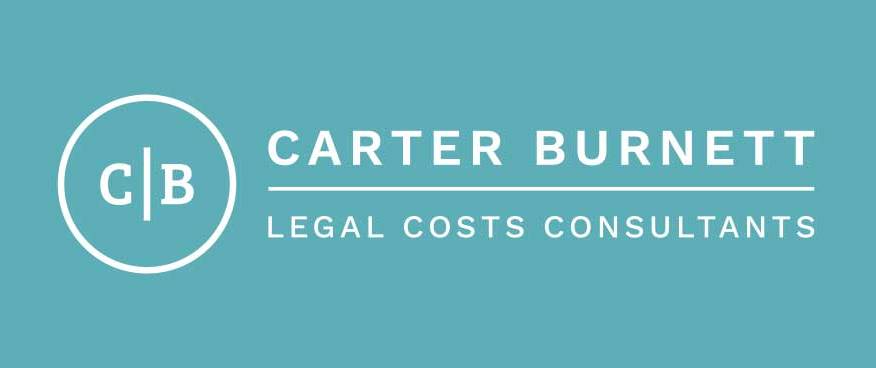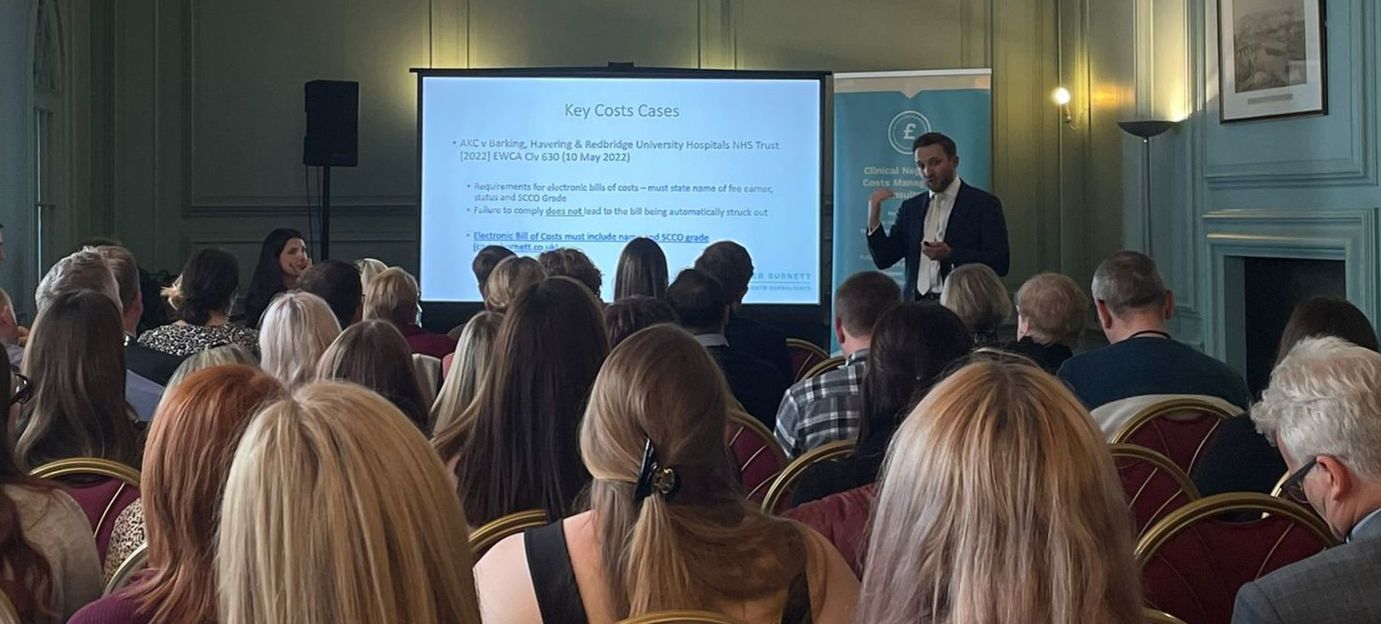Article 2 Inquest costs explored in detail by Benyounes at Law Costs Conference
Posted on 10th October 2022 at 11:24
INQUESTS specialist Leila Benyounes has helped shine a light on the potential Costs which can be claimed when representing families at an ‘Article 2’ Inquest.
Speaking at our annual Law Costs Conference in Newcastle, the clinical negligence and inquests Solicitor from Parklane Plowden Chambers explained the practicalities of attending and how to allocate costs correctly.
A highly-skilled advocate who acts for interested persons in high-profile and media-sensitive Article 2 jury inquests, Leila is also a Barrister, the Assistant Coroner for Gateshead and South Tyneside, and a Recorder on the North Eastern Circuit.
In her address to a packed Conference Hall at Alderman Fenwick House, she explained the different types of funding available – Legal Aid or Conditional Fee Agreement (CFA) – and why you should carefully consider which route to choose.
Whilst it is possible to use Legal Aid to fund attendance an ‘Article 2’ Inquest, this is means tested and often offers limited assistance. As a result, she advised exploring whether it may be more appropriate to enter into a CFA.
Turning to the issue of recovery of inquest costs as part of the Civil Claim, although ‘recoverable costs’ is a difficult area to define, Leila explained that most ‘incidental’ costs can be successfully claimed under Article 51 so long as they are reasonable and proportionate.
In general, she said that the case of Stewart & Anor v Medway NHS Trust has set a precedent for certain costs which can be claimed – including (but not exclusive to):
• Cross Examination of Witnesses
• Pre-Inquest Review Hearings
• The Inquest itself – if it can be justified to gather evidence for Civil Case
• Any associated Costs
Leila proceeded to discuss the tactical approach parties may take to avoid paying the costs of an inquest. The recent decision of Veevers was explained in which inquest costs were held to be recoverable where there was an equivocal admission.
With regards to recoverable costs, she said the timing of an admission may need to be proven and taken into account, particularly if it is a late admission. Any admission needs to be questioned as to the extent of that admission in respect of both liability and causation.
Should an unequivocal admission be made early in the proceedings, it could be hard to justify claiming Costs for what could be a lengthy Inquest and representation should be discussed with the family if this happens.
If there is no unequivocal admission, and attendance is deemed to be necessary or essential as part of the evidence gathering for the Civil Claim, then provided those costs are reasonable and proportionate, there is a good chance of recovery between the parties.
To summarise, she explained that the key to claiming Costs for Inquests is having the ability to evidence each element of the case and prove it is relevant and of benefit to a potential Civil Case.
Should you ever be unsure about what to claim, Leila advised speaking to a Costs Draftsman for advice – as they will be fully aware of the latest ruling and precedents.
Having opened the Conference with a detailed address, our very own Solicitor Advocate Seamus Kelly gave an overview of some key recent Costs cases.
One area of particular importance was the need to state the name of the fee earner, their status and SCCO Grade on the Electronic Bills of Costs – as per AKC v Barking, Havering & Redbridge University Hospitals NHS Trust [2022] EWCA Civ 630 (10 May 2022).
Whilst he stressed that failure to comply does not necessarily lead to the bill being automatically struck out, Seamus advised that doing this should be followed as a best practice.
He also looked at the Case of Plaktevicius v Etills Ltd (County Court at Derby), which offered up some clear and welcome guidance as to the approach a Court should take when determining whether a claim was reasonably valued at over £25,000.00.
In the second half of the Conference, DJ Searl took to the floor to offer up a detailed discussion centred around the topic of Proportionality, Detailed Assessment and CCMC hearings.
She focused on how to assess what Costs are reasonable, factors which can affect costs and tips for presenting an organised Case file, especially in the instance of Multi-Track Claims.
The proposed Fixed Costs Changes which are set to be introduced in 2023 were also a hot topic of debate.
Share this post:


